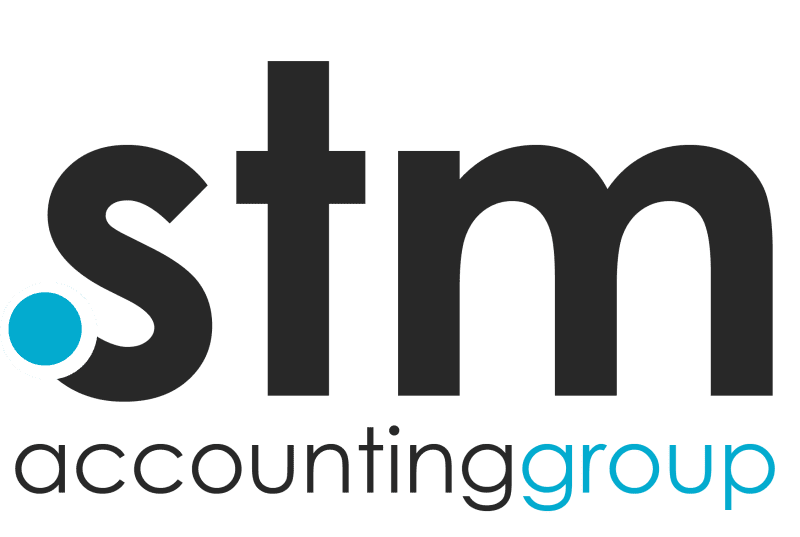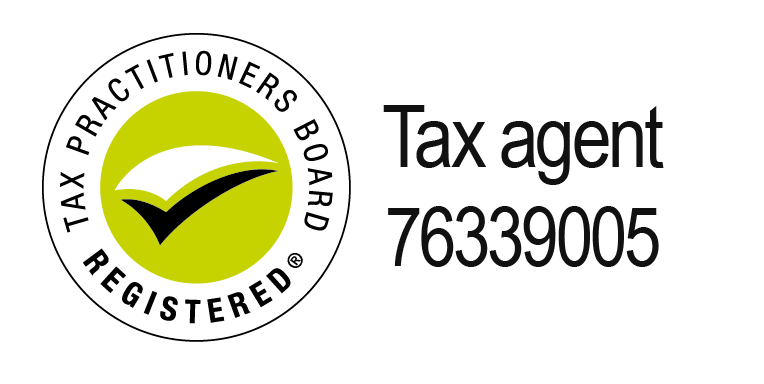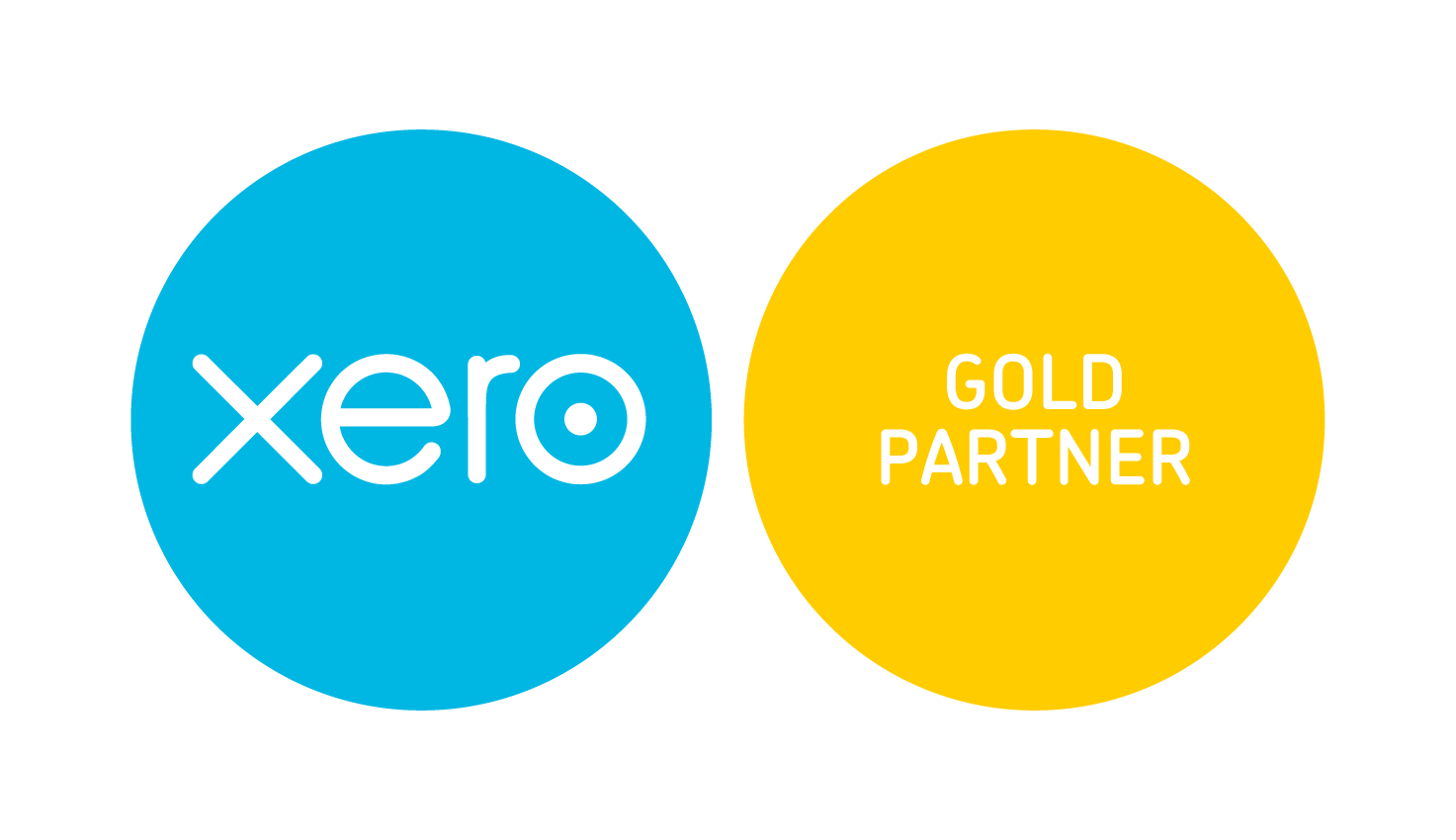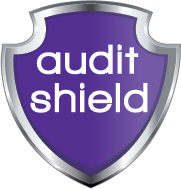
Tax and the Normalisation of Cryptocurrency
The Australian Taxation Office recently updated its guidance on tax and cryptocurrency.
In early November, the Commonwealth Bank announced that it is now Australia’s first bank to offer customers the ability to buy, sell and hold crypto assets, directly through the CommBank app. You know when the banks come on board, cryptocurrency has become normal.
But cryptocurrency is only one part of the blockchain universe. Non-fungible tokens or NFTs (fungible means interchangeable) are one-of-a-kind digital assets which are part of the Ethereum blockchain. An example is the CryptoKitties game that allows players to purchase, collect, breed and sell unique virtual cats – and, before you laugh, the game transacted over $1 million in virtual cats in its first few days of launching.
NFTs are also rapidly rising in popularity in the artworld because ownership of the asset is on the blockchain and in some cases, the artist can take a percentage of every transaction of that artwork – so, no more starving artists because they can generate an income from the asset over time not just on the first sale. A stellar example is the sale of a NFT artwork by the digital artist Beeple, which was sold at auction by Christies in March 2021 for $69 million (USD).
Let’s look at what the Australian Taxation Office has to say about some of the commonly asked questions about the implications of investing in blockchain.
Is mining cryptocurrency income or an asset?
If you receive crypto from providing services to others, this can represent income. If you create crypto, you acquire a capital gains tax (CGT) asset. A taxing event will arise when you exchange crypto for Australian Dollars or another crypto asset.
Does the ATO really know about my crypto transactions?
The ATO is using various sources for data collection including digital service providers (DSPs) and analysis software to track taxpayer compliance. There are several data-mining projects (no pun intended) underway looking specifically at cryptocurrency and cryptocurrency platforms.
What happens if my cryptocurrency is stolen?
You may be able to claim a capital loss if you lose your cryptocurrency private key or your cryptocurrency is stolen. Generally, where an item can be replaced it is not lost. A lost private key can't be replaced. Therefore, to claim a capital loss you must be able to provide the following kinds of evidence:
- When you acquired and lost the private key
- The wallet address that the private key relates to
- The cost you incurred to acquire the lost or stolen cryptocurrency
- The amount of cryptocurrency in the wallet at the time of loss of private key
- That the wallet was controlled by you (for example, transactions linked to your identity)
- That you are in possession of the hardware that stores the wallet
- Transactions to the wallet from a digital currency exchange for which you hold a verified account or is linked to your identity.
I mine cryptocurrency as a hobby so I should not have to pay tax on it?
Unfortunately, mining for fun will not allow you to avoid tax. Just like share trading, the resulting gain or loss you produce on trading cryptocurrency, must be reported in your tax return. You will need to use an app such as CryptoTaxCalculator, CoinTracking or Koinly to generate reports which summarise your gains and losses from trading for the year, and provide it to us at year end, for inclusion in your tax return.
Can I get a tax deduction for computer equipment purchased for mining?
If you are in the business of mining, then you can claim a deduction for the equipment you purchase to generate income. If you are not carrying on a business, then the crypto is held as an investment and the equipment is not deductible.
How is my NFT artwork taxed?
As with any other cryptocurrency, an NFT can be held for personal use. Personal use assets are CGT assets that you keep mainly for your personal use or enjoyment.
NFT is not a personal use asset if it is kept or used mainly:
- As an investment
- In a profit-making scheme, or
- In the course of carrying on a business.
The relevant time for working out if an asset is a personal use asset is at the time of its disposal. During a period of ownership, the way that an NFT is kept or used may change (for example, NFTs may originally be acquired for personal use and enjoyment, but ultimately kept or used as an investment, to make a profit on ultimate disposal or as part of carrying on a business).
The longer an NFT is held, the less likely it is that it will be a personal use asset – even if you ultimately use it for personal use or consumption.
Capital gains you make from personal use assets acquired for less than $10,000 are disregarded for CGT purposes. However, all capital losses you make on personal use assets are disregarded. Collectables are not classed as personal use assets and may be subject to CGT.
Can my Self Managed Superannuation Fund invest in cryptocurrency?
The issue is not so much can you acquire cryptocurrency within an SMSF but should you? The June 2021 ATO statistical report shows that Australians held approximately $212m in cryptocurrency assets as at 30 June 2021- only 0.03% of total assets. The simple reason is that the volatility of cryptocurrency makes it harder to rationalise under Section 62 of the Superannuation Industry Supervision (SIS) Act, particularly if the asset allocation ratio of cryptocurrency assets in the SMSF is high. But, it’s not impossible if managed correctly at an investment and administrative level.
With Bitcoin as low as $14k on 13 September 2020, and $61k on 12 September 2021, it’s easy to see the appeal for investors with the appetite for risk (335% return across 12 months). In this same period, Ethereum grew 767%. But the world was in a different place in September 2020, not just in cryptocurrency.
Before investing in cryptocurrency there are a few things SMSF trustees need to be aware of:
- Trust Deed - the trust deed of the fund must allow for cryptocurrency assets. Most SMSF trust deeds are drafted broadly to enable trustees to invest in assets permitted by the superannuation laws and leave the investment strategy to manage the choice of assets and their appropriateness. However, it is important to check.
- Investment strategy - Your Investment Strategy is a major consideration with any investment within an SMSF but with cryptocurrency’s high volatility and risks, there must be clearly articulated information in the Investment Strategy. That is, it must articulate the trustees’ plan for making, holding and realising assets in a way that is consistent with the retirement goals of members being mindful of the member’s individual circumstances.
- Separation of assets – it’s important that the cryptocurrency assets are held in a wallet in the name of the SMSF and the IP address is provided to the SMSF auditors to verify the transactions (against the fund bank account). Problems can often arise when a wallet (in the name of the SMSF) is connected to a personal credit card to acquire cryptocurrency. In these cases, the payment is seen as either a contribution or a loan to the SMSF.
The ATO also suggests you look at the diversity of the SMSF’s investments.





